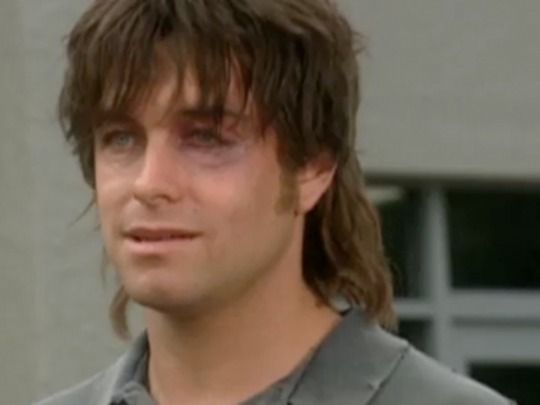
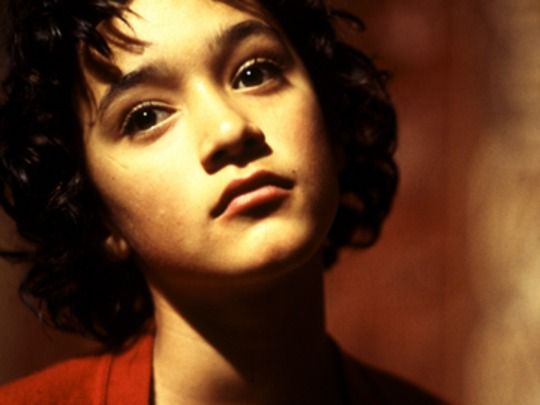
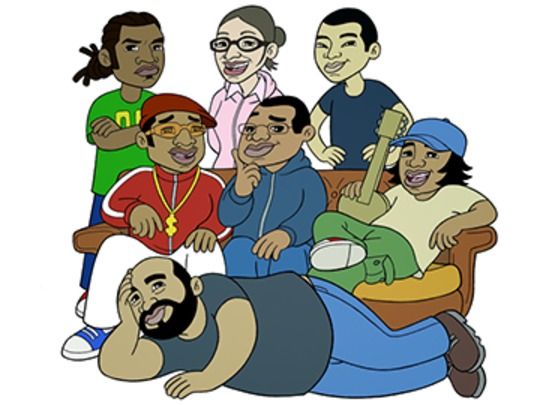
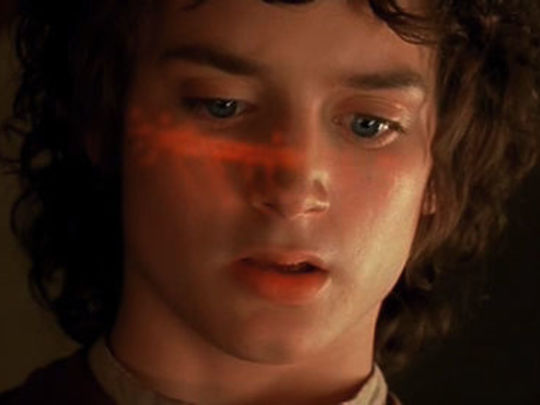

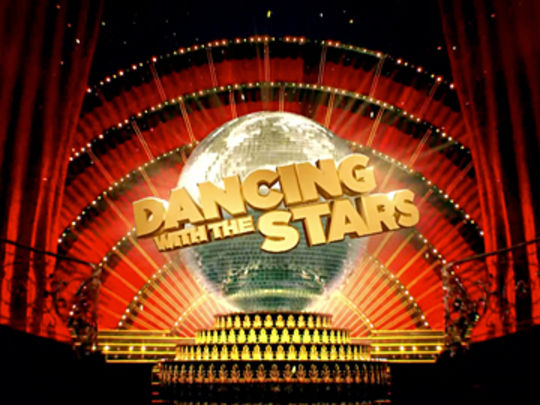
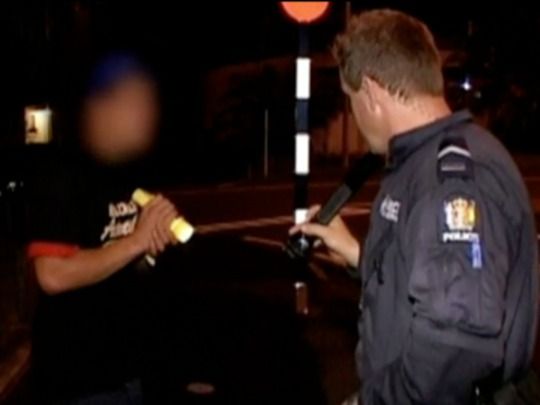
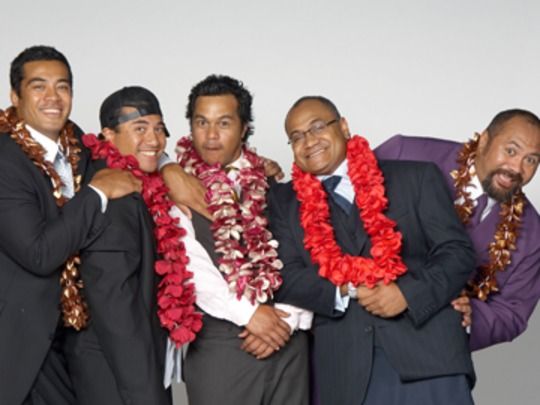
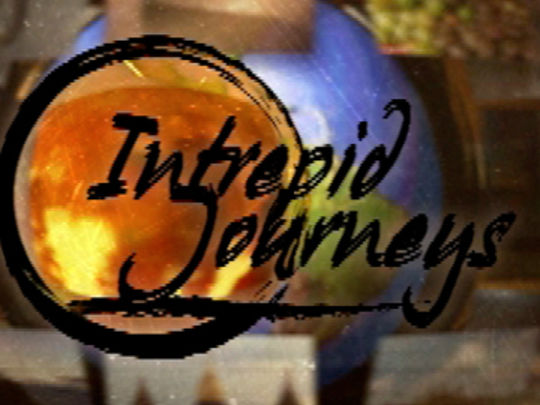
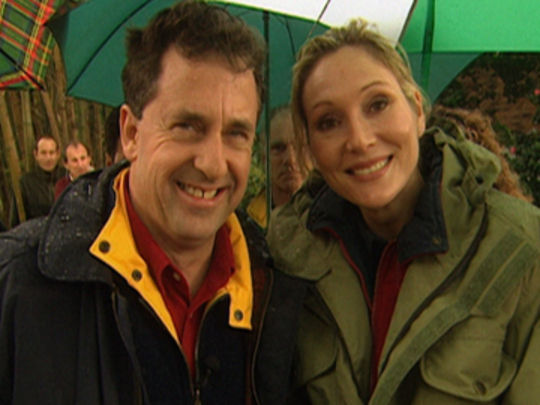
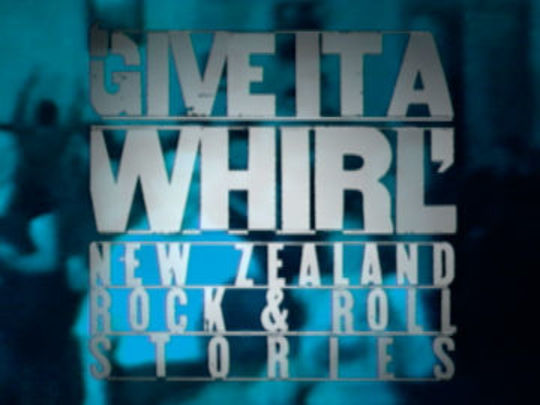
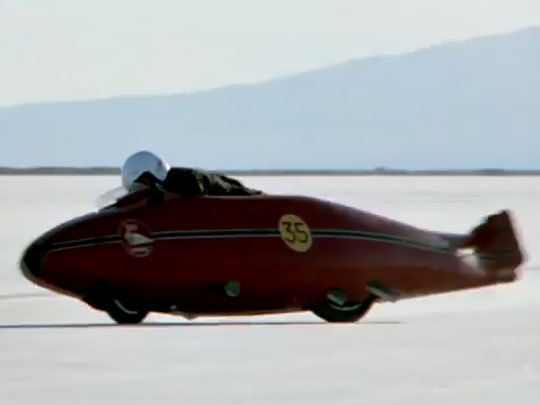
Best of the 00s
Best of the 00s
This collection has two backgrounds:
The Noughties: Quite a Decade
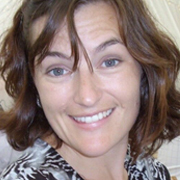
Comedic Ups and Downs
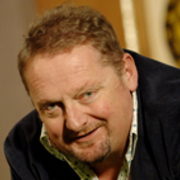
The Noughties: Quite a Decade

By Gabe McDonnell 12 Dec 2023
I spent the last day of 1999 in a small village in Tuscany, with four other Kiwis. One of us spoke basic Italian, the rest of us nodded along. On New Year's Eve we passed a goat farmer, who shook his head and muttered "primavera". We waved back; "buon giorno!" We found a restaurant, stuffed ourselves with pasta and drank all the leftover wine. Tonight we're gonna party like it's 1999! After we stumbled back to our 'character stone cottage' and tried and failed to crank up the ancient furnace, we finally clicked. The farmer meant "what are you doing? Come back in spring."
The real party was back in Gisborne. It was the East Coast's millennium moment. A 30-hour live TV special called Today 2000 was underway, and as dawn broke Dame Kiri Te Kanawa, accompanied by the 90-piece NZ Symphony Orchestra, began her rendition of 'Morgen!' by Richard Strauss. Up in the control box, producer Richard Hansen was a human nerve ending, calling the shots on multiple cultural events at different locations; waving, not drowning in a sea of logistical detail, the NZ Army on speed dial, the BBC in his ear, wanting more. Hansen describes his stressful morning here.
I arrived back home in late 2000. That Christmas, New Zealand's biggest pop single was 'Lydia' by Fur Patrol. Lead vocalist Julia Deans said the song came to her like a fantastic Christmas gift, dropping into her lap one day. The band were a shoo-in for Best Single and Best Female Vocal at the 2001 NZ Music Awards, where they performed ‘Lydia’ live. Only they didn't: just like their video, they mimed along to their instruments.
Video-wise, Fur Patrol started something. Incoming hits of the noughties, including 'Sophie' by Goodshirt and 'Brother' by Smashproof (featuring Gin Wigmore), ran with this idea of absence. Fictional Sophie's entire flat is nicked, and the Smashproof boys cruise around South Auckland in an imaginary car. Their budgets thanked them. In 2003, documentary series Give It A Whirl became appointment viewing for every Kiwi pop nerd. In 2007 Debbie Harwood let her radio series Give It A Girl do the talking, celebrating a long list of charismatic Kiwi female musicians who hadn't made it into Whirl.
Satiric Kiwi comedy came of age in the 2000s. In the late 1990s Mikey Havoc and Newsboy (aka Jeremy Wells) launched their brand of "TV fun and games" with loose-limbed studio show Havoc, followed by a number of Sell Out Tours. In 2001 came the magnificently-titled Havoc Luxury Suites & Conference Facility. In 2003 Jeremy Wells flew solo, bringing his peerless poker face to Paul Casserly and Lee Baker's media satire Eating Media Lunch. During its run, EML pissed off some serious names and created controversies like "discovering" New Zealand's first indigenous porn movie. In 2009 Casserly won Best Director at the Film and TV Awards. He described the show as a "weird fanzine".
Successful spin-off The Unauthorised History of New Zealand was "largely inspired by raids on New Zealand's television archive". Casserly and Wells aimed to "pop the bubble of self-regard that New Zealand...had about ourselves". Find out more in NZ On Screen's entertaining Casserly bio.
The laughs weren't restricted to Ponsonby and Grey Lynn; Morningside also stepped up. Animated comedy bro' Town burst into New Zealand's pop culture in 2004 and no one was safe. Created by legendary theatrical ensemble The Naked Samoans and dogged producer Elizabeth Mitchell, the series aired in prime time without sacrificing its edge. The characters included a drunken Samoan immigrant Dad, Jeff Da Māori and many earnest, pounamu-wearing Pākehā. It became an Aotearoa Simpsons. Politicians (Helen Clark) broadcasters (John Campbell) and Hollywood actors (Russell Crowe) lined up for a line or two.
In 2006 Oscar Kightley and the Naked Samoans upped the ante with feature comedy Sione's Wedding. It was our Four Weddings and A Funeral, and almost as successful. The Naked Samoans loved their characters, and mocked them as siblings would.
Scriptwriter James Griffin had a very good 2000s, off the back of a very good 1990s — he provides his own take on the decade here. Griffin co-wrote Sione's Wedding, and in 2005 Outrageous Fortune debuted. Griffin and co-creator Rachel Lang introduced Kiwi audiences to a West Auckland bogan crime dynasty, and Kiwis said hell yeah! Tight writing, fallible characters, one actor playing twins, cleavage, house parties, cops, narks, Hello Sailor, and leopard print. What's not to like? Bogans were having their moment; mullets were back, and everyone ‘fessed up to loving Hamilton’s finest hard rockers Knightshade (alright, they actually appeared on spinoff show Westside, but any excuse to enjoy this track).
Hey 2000s TV comedy and drama, why so Auckland? Guess we were all waiting for Wellington Paranormal.
Wellington had a solid early 2000s — thanks for asking. There was a local film project called The Lord of the Rings that quietly made its mark. I can't honestly write about it, because I had a bit on. But Peter Jackson's knighthood, fistfuls of Oscars, the gentrification of the eastern suburbs and the economic output of Matamata are all testament to its ongoing success. In the early years of the millennium, the city was gripped by a heady sense of glamour. We were on 24/7 celeb-watch; the Matterhorn bar became Wellington’s SPQR.
When The Fellowship of the Ring premiered at the Embassy in December 2001, most of Wellington and the Hutt lined up along Courtenay Place to watch the beautiful people walk the red carpet. I scored an invite to the perfectly-placed Playmarket office, where I enjoyed a wine as many of the city’s finest cynics looked down and attempted to be cynical about it all. We gave up because it was a truly exciting spectacle, and everyone knew a jobbing actor who’d stood in a paddock at three in the morning, under layers of armour.
In 2002 Keisha Castle-Hughes became an overnight star in Whale Rider, the film adaptation of Witi Ihimaera's novel. Playing Pai, she delivers a tender speech to her koro Apirana, and in the scenes when Nanny Flowers (Vicky Haughton) wails her granddaughter's name on the beach, only to look back at the ocean where Pai has fulfilled her destiny...cue the snotty tears of a nation, of the world. Whale Rider became one of New Zealand's biggest international hits.
For reality TV or ‘unscripted drama’; the early 2000s was boom time. Living the Dream, Weddings, Celebrity Treasure Island...Julie Christie and her company Touchdown Productions ensured Kiwis were watching Kiwis do all kinds of things: do up houses, mainly. Accept ‘challenges’, argue and make up. Get arrested. To be fair, Police Ten 7 wasn't a Touchdown production but the series cemented its place in Kiwi pop culture thanks to one famous scene: "remember…always blow on the pie".
As a keen amateur hoofer, I have to mention Dancing with The Stars. In 2005 the first New Zealand series of this highly popular UK franchise aired. Celebrities of all stripes emailed their agents and hit the gym. Light entertainment was back and it rated through the roof. The first batch of celebrity contestants included Mayor Tim Shadbolt, Nicky Watson and Labour politician Georgina Beyer. But as the weeks sparkled by the last celebrities standing were ex-All Black Norm Hewitt and actor Shane Cortese.
In the grand finale for 2005, Cortese and dance partner Nerida Lister blazed across the dance floor in sparkling white, a dazzling snowstorm. Their rumba, according to host Jason Gunn, "cranked up the sizzle-o-meter", but when the final votes came in, Hewitt and his partner lifted the trophy. Cortese and Lister's chemistry was real; they later married. Not for ever, but they married. The power of live television.
- Gabe McDonnell has written for stage (The Inept, Talent), TV (Freaky, The Strip), print (Takahē), and the internet (NZ On Screen, AudioCulture). In 2018 she was possessed by a demon on Wellington Paranormal. But she came through.
Comedic Ups and Downs
By James Griffin 12 Dec 2023
The 00s. The Noughties. The 2000s. For me this was a decade defined by comedy, and not just because it kicked off with the Y2K bug, possibly the best global joke ever. Everything is going to fail! Planes will fall from the sky! Oh, nothing happened.
Sure, things took a very dark turn pretty early in the decade, with 9/11 and the subsequent carnage that was the fruitless search for those pesky weapons of mass destruction. But turbulent times are good for comedy, especially if, like me, you were writing for Spin Doctors at the time.
Does anyone remember political satire? I grew up on it, courtesy of A Week of It and McPhail & Gadsby. So to be actually doing it, alongside a couple of legends like Tom Scott and Roger Hall, made for a great kick-off to the decade.
Every Friday we’d gather round a table with brilliant people like Jane Clifton and Finlay Macdonald, to figure out our stories for the week. On Saturday we’d split up to write our scripts. Early on Sunday morning I'd wander along K' Road to the production office/set, through the detritus (human and otherwise) of Saturday night, to spend the day stitching the three scripts together while the others punched up the jokes. A couple of days later and the whole thing had been shot, edited, and screened: the fastest of fast turnarounds. I loved Spin Doctors for the intensity, for the rush of courting impending disaster. Kinda like the decade itself, really.
Off the back of Spin Doctors, Tony Holden and I pitched TVNZ an idea for a comedy series set around the committee of a small-town golf club. Not unsurprisingly, they passed on the idea. But then a thing happened that has only ever happened once, across all the years of my so-called career. Instead of just sending us packing, a very wise and wonderful network person named Karen Bieleski said: “What about that play you wrote? Serial Killers. We could make that instead” (or words to that effect).
I pointed out that Serial Killers, about a bunch of people writing a soap set in a hospital, very much took the piss out of everything TV — especially network people. They had no problem with this. The 2000s, the decade that gave the world the inexplicable massive success of Crazy Frog, had a way of throwing up the unexpected.
So, Tony exited stage left, and the most excellent Judith Trye stepped in to produce, and we made seven episodes of Serial Killers, on a budget of almost nothing. Mike Smith directed superbly, and Oscar-nominated editor John Gilbert stepped away from the world of orcs and elves, to cut pictures of real people. The cast included many people I love dearly, to this very day.
Serial Killers was, to me, the perfect show to make. A small group of people, giving, sharing, laughing, bonding over this weird little upstart of a show. Also, it had Robyn Malcolm’s character shagging Antony Starr’s, which, a couple of years and another show later, would have been deeply disturbing.
I love Serial Killers to this very day, and it still pains me that — for reasons that were never clear to me — TVNZ killed it in the dead of night. Literally. It was like we were ushered into the Death Star under cover of darkness to be given the news that the show would not be renewed. The network giveth, and the network taketh away. Amen. I still have the episode outlines for the second series, if anyone is interested.
For me at least, the death of Serial Killers seemed to coincide with the (thankfully temporary) death of half-hour scripted comedy on New Zealand television. It was like every network executive in the country read a memo saying that Kiwis can’t be funny. At least not in a scripted half-hour sense. So they stopped trying.
There were still brave souls flying the comedy flag, like my (thankfully not literally) Naked Samoan friends at bro'Town — and the magnificent bastards at Eating Media Lunch and The Unauthorized History of New Zealand, who proved there's no such place as Too Far when it comes to comedy. But while they were busy popping the country's anal mana cherry, there was sweet f-all happening in my neck of the comedy forest.
The solution to my thwarted comedy-writing needs was to find a drama series that required healthy lashings of comedy as part of its DNA. The expression of the solution was Outrageous Fortune. Much has been written about the show over the years, and I won't add to that here, except to say it was a hell of a ride — and a hell of a learning curve for Rachel Lang and me. And that the comedy/drama hybrid show is where I live now.
I ended the 2000s with another attempt to resurrect the half-hour scripted comedy, in the form of Diplomatic Immunity. Again, it's a show I love dearly, full of people I love dearly, giving it heaps in the fictional Auckland consulate of the Most Royal Kingdom of Fe’ausi. Like Serial Killers, Diplomatic died a premature death in the dead of night, this time by being programmed in the dead of night. The elite group of viewers who (a) saw it and (b) liked it, used phrases like "ahead of its time" and "misunderstood". Bless them, one and all.
The 2000’s eh? What a rollercoaster of a decade. Glad I was there and made it out alive.
- Writer James Griffin created or co-created 800 Words, Outrageous Fortune, The Almighty Johnsons, Serial Killers and more.